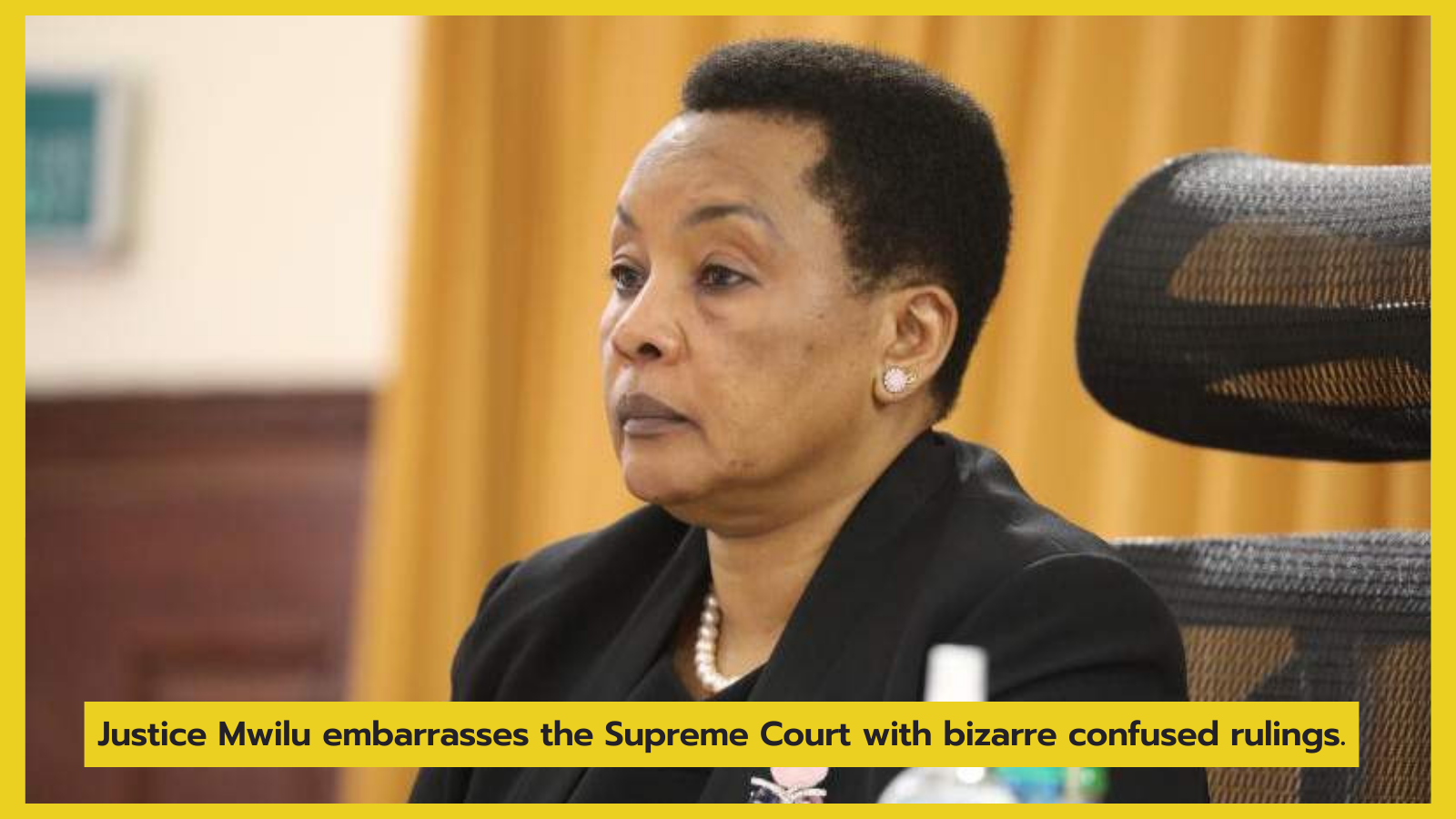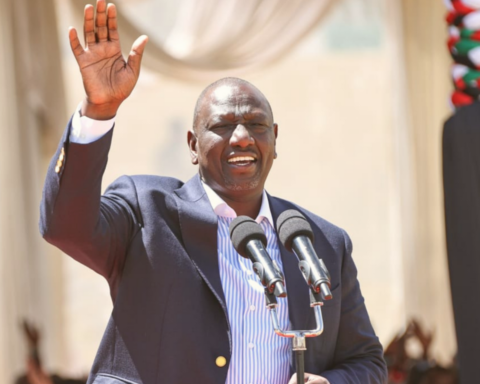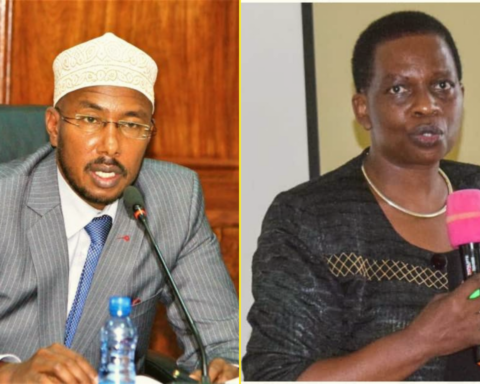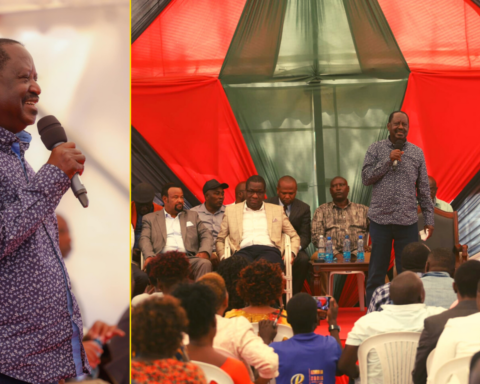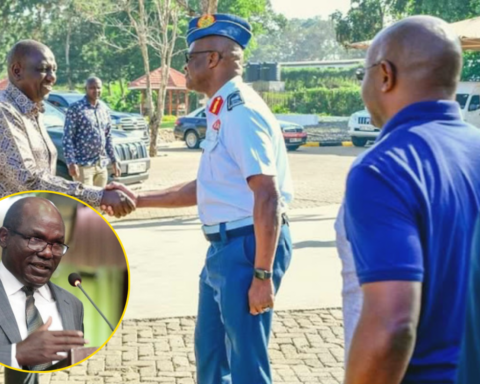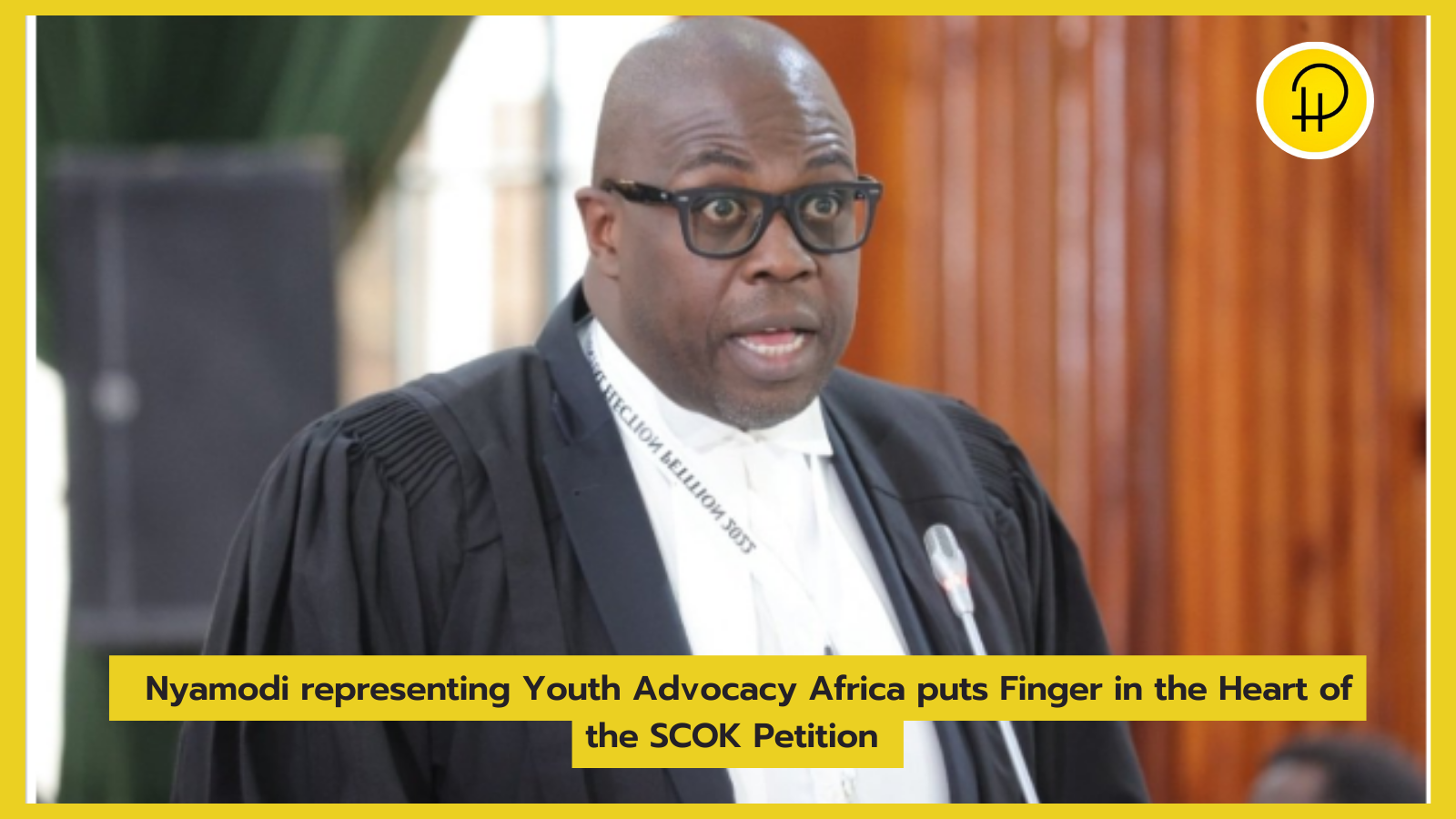In an initial reading of the court’s decision, DCJ Philomena Mwilu had asked the electoral agency’s warring commissioners to resolve their internal wrangles outside the court. Ms Mwilu had said the court will not wade into the matter of deciding which lawyer will represent the IEBC.
Someone need to remind Justice Mwilu and the Supreme Court that the issue before the court on this petition as far as the IEBC is concerned is not about a husband and wife fighting and having internal issues to resolve.
This is not about the IEBC commissioners fighting over pay and benefits and claiming someone is getting a better deal than the others. If that was the case it would never be a matter for the Supreme Court to address. IEBC would hire conflict resolution consultants to handle that.
The issue before the Supreme Court is that four of the seven commissioners in the IEBC have claimed that the presidential election results announced by Chebukati the IEBC chairman were his own and were not authorized by the IEBC and are therefore null and void. That is not an internal conflict for the IEBC. It is a constitutional conflict within the IEBC and that is why it is before the Supreme Court. Kenyans need that to be acknowledged and dealt with and not trivialized as some petty fights.
Justice Mwilu’s ruling which she revised a couple of times telling Kenyans to ignore what she said before and all that is that Githu Muigai the IEBC lawyer will represent all the IEBC commissioners including those who have not consented to that representation. That is as bizarre as it gets in a court of law.
Let’s give it a look. So Githu Muigai representing Chebukati goes on and on in court about how the commissioners are all behind the announced presidential results and quibbles here and there.
After that, each of the four commissioners (the majority) who rejected the results as unverified stands up in court and tells it that Githu does not represent them and asks the court to look at their affidavits to know where they stand on the verifying and tallying of the election results. What does the IEBC lawyer do after that? Order them to be his clients? I am not sure that would work.
The serious aspect of the court proceedings is that yesterday when the Ruto team went to war against the four commissioners who scare them to death and wanted their affidavits dismissed and have them as by-standers the court ruled that the affidavits of those four commissioners will be admitted as evidence in court.
That means all the four commissioners will be allowed to speak to the court and explain as well as defend their affidavits which are pretty clear on why they rejected the Chebukati results.
Effectively no court ruling can take away the presence and the significant role all the seven IEBC members will play in the petition case. That has already been integrated into the petition and confusing rulings can’t change anything on the matter.
In any event, the issue of the IEBC constitutional responsibilities and benchmarks is one of the nine key items the Supreme Court seeks to resolve in this petition. Look at item number six and you know the IEBC commissioners will have a big if not a key role in determining the final verdict in this case.
Read: Nine issues the Supreme Court is set to determine in the Presidential Petition
Adongo Ogony is a Human Rights Activist and a Writer who lives in Toronto, Canada

